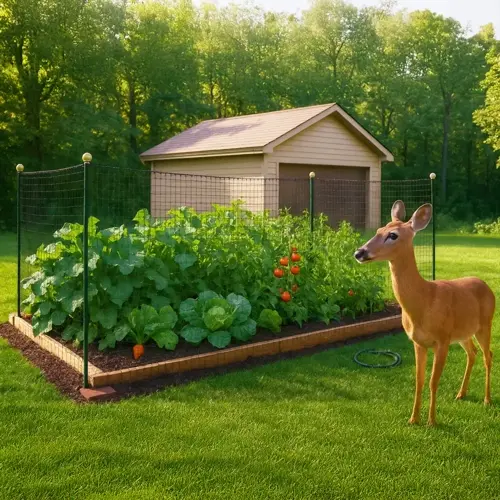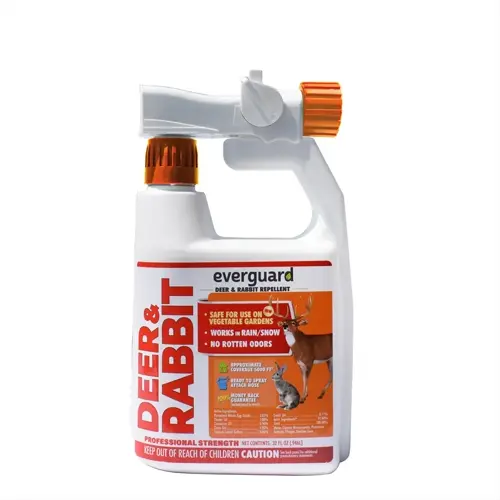What naturally kills weeds without harming grass?

Written by
Benjamin Miller
Reviewed by
Prof. Charles Hartman, Ph.D.Many homeowners search for ways to eliminate weeds while keeping their lawn safe. You can use natural methods that destroy invaders, while leaving the grass unharmed. Boiling water and vinegar solutions are effective when applied in a targeted manner on weeds. Maintaining healthy turf through appropriate care will also naturally reduce weed growth.
Boiling Water Technique
- Pour directly onto weed centers avoiding surrounding grass
- Works best on broadleaf weeds in pavement cracks
- Use a kettle with narrow spout for precision
- Apply during dry periods for maximum effectiveness
Vinegar Solutions
- Use 20% horticultural vinegar for spot treatments
- Apply with spray bottle directly to weed foliage
- Add dish soap to help solution adhere to leaves
- Treat during midday sun for fastest results
Lawn Health Practices
- Mow at 3-4 inch height to shade out weeds
- Water deeply but infrequently to encourage deep roots
- Aerate soil annually to reduce compaction
- Overseed thin areas to prevent weed establishment
Targeted Removal
- Use specialized tools like fishtail weeders
- Remove weeds after rain when roots release easily
- Dig out taproots completely to prevent regrowth
- Dispose of weeds away from lawn areas
Preventive Measures
- Apply corn gluten meal in early spring
- Maintain proper soil pH between 6.0-7.0
- Use organic fertilizers to avoid chemical burn
- Inspect lawn weekly for early intervention
Boiling water provides instant results for isolated weeds. Use a tea kettle to target individual dandelions in my yard. The heat immediately destroys plant cells, but the water quickly cools, resulting in minimal damage to the grass. Works best on young weeds with shallow roots and in areas where desirable turf is not present.
Keeping thick, healthy grass is your greatest ally in the fight against weeds. Mowing, watering, and fertilizing correctly also sets the turf up to thrive and outcompete invaders. I follow the one-third rule, so I never remove more than one-third of the blade height at one time. This keeps the grass strong and able to resist weed invasions throughout the season.
Preventing grass damage from vinegar solutions requires extra care. Use high-concentration vinegar only on windless days to avoid damage. Use a precision sprayer. Suppose the nearby grass can't be shielded. In that case, you can place some cardboard under the nearby grass while applying the vinegar solution. If you do accidentally overspray onto grass, immediately rinse it off with water to prevent burning your lawn.
Read the full article: 10 Natural Weed Control Methods That Work

